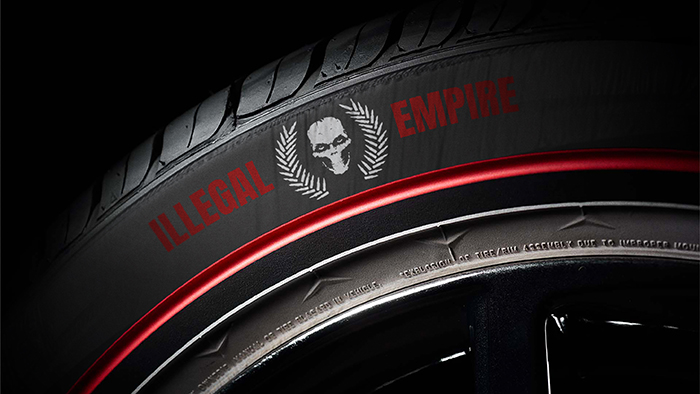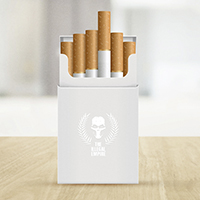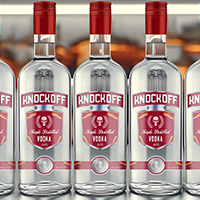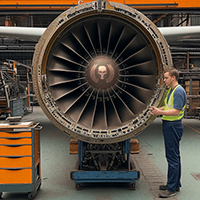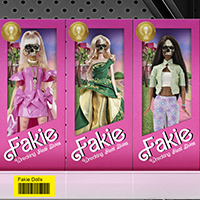Fake batteries and tyres are expensive and dangerous problems for the car industry.
There are growing concerns within the EU about the continuing growth of the fake industry for car parts, notably tyres and batteries.
The market has reportedly continued to grow even since a 2018 report from the EU Intellectual Property Office which highlighted total costs of €2.4 billion a year from fake tyres (€2.2 billion) and batteries (€180 million).
And within the EU, at a time of growing economic crisis, these numbers translate in job losses of around 22,283 workers across both sectors as the legitimate industry deals with the lost sales.
And there’s a loss of tax revenues too - also at a time of economic crisis - an estimated €340 million a year.
The temptation for the consumer is obvious. Counterfeit tyres often look the real thing and come with the logos of the major manufacturers convincingly rendered, but all for a considerably discounted price.
The fractured nature of the car repair market, with lots of small garages offering similar services for vastly different prices, means that the true value of any product is always difficult to ascertain. Spotting a deal that is ‘too good to be true’ becomes harder for consumers. Although the adage that if it’s too good to be true, then it is, is always right.
Yet many of the campaigns against counterfeit tyres and batteries are directed towards consumers making ‘better’ choices when it might be regarded that the problem is systematic at the supply, rather than demand end.
Counterfeit goods do not, of course, undergo thorough certification and there’s real issues with consumer safety. While fake tyres may look the part, many of the fakes are simply regrooved tyres with a tread depth of 1.6mm or less, which makes the driver 84% more likely to lose grip on icy roads and 86% more likely to have a blowout. Both of which, obviously, carry high likelihoods of serious accidents.
With car batteries, the lack of oversight can lead to a failure to meet regulatory standards on electrolyte leakage, which is dangerous to circuits and also to anyone handling the batteries. Fakes have also often been found to not have a single-use vent system which prevents explosions.
Find out more about how Crime Stoppers International are tackling the supply of counterfeit tyres and batteries.
